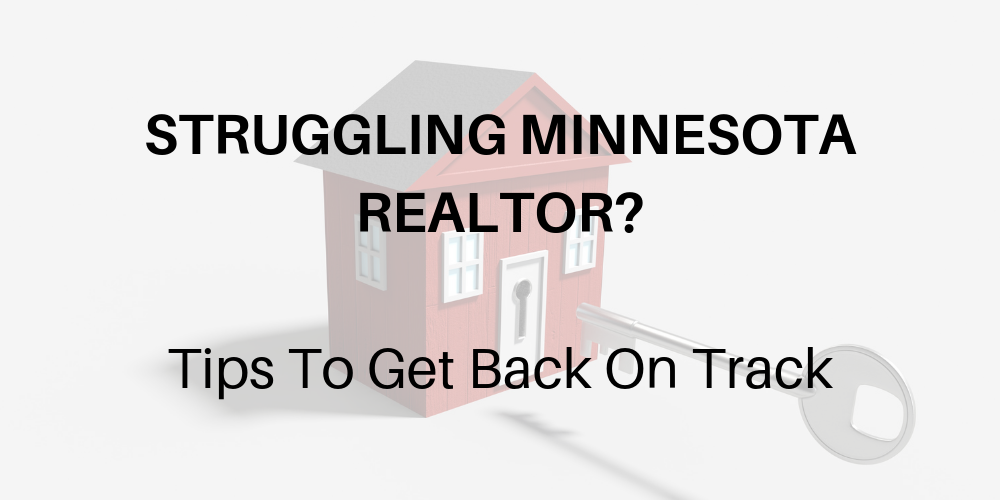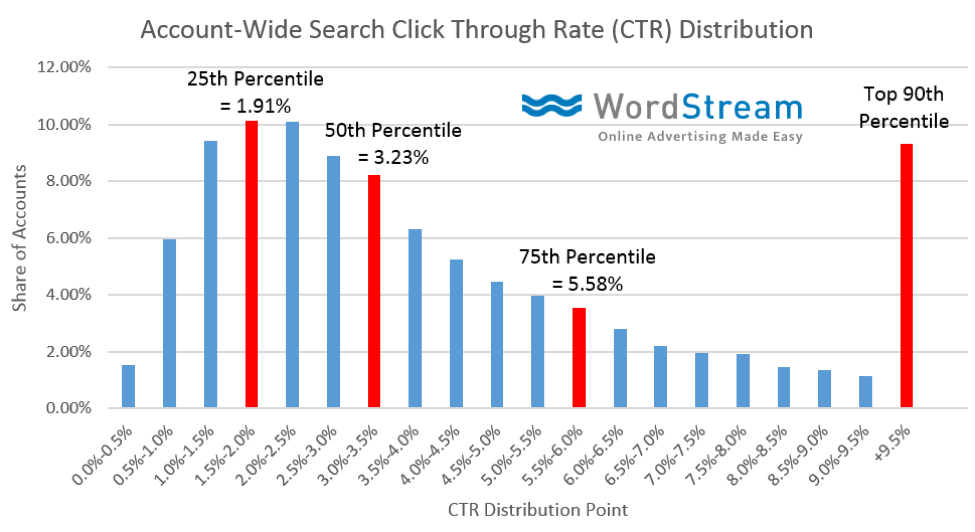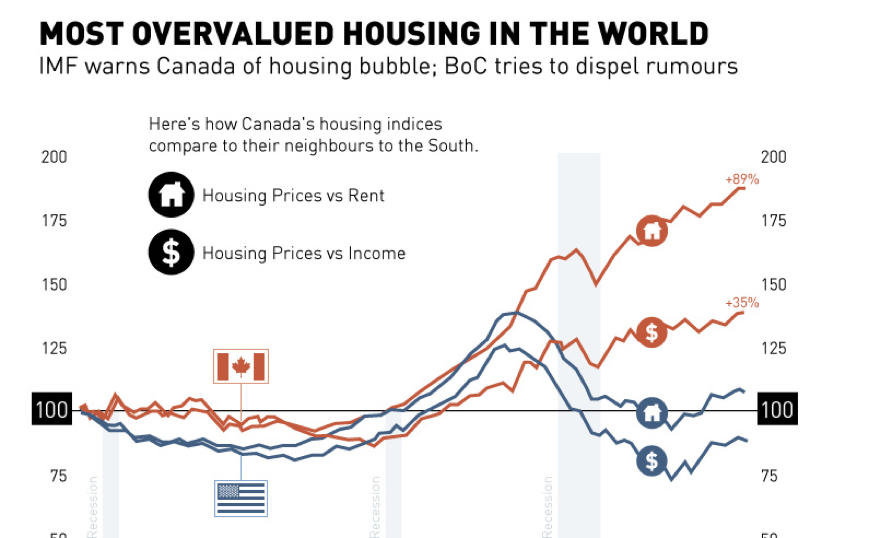Breaking it Down: The Home Buying Process from Loan to Close
https://www.c4dcrew.com/wp-content/uploads/2021/07/C4D-Post-Design-2.png 1000 500 Taylor Witt Taylor Witt https://secure.gravatar.com/avatar/c007419611804209e46af7a884e93ad9?s=96&d=mm&r=gBuying a house is one of the most exciting steps you can take. Unfortunately, the home buying process can be confusing for those who have never purchased a home before. The good news is after you’ve purchased your first home, buying your second home is easy. Not sure what goes into buying a house? You’ve come to the right place. This article will break down the home buying process from loan to close.
Before the Loan
Before you can buy a home, you’ll need to determine whether or not you can afford it. To determine how much you can afford, you can use an online calculator that will tell you how much home you can afford based on your income and credit score. But, of course, other factors affect whether or not you’ll be able to afford a home, such as debts.
You should be able to easily determine your debt-to-income (DTI). Take a look at your current debt versus your income and consider how much money you can afford on a monthly mortgage. Make sure to include everything in your estimate, including groceries and student loans. Remember, buying a home is more expensive than renting one, and there are costs that renters don’t pay, such as home repairs.
Next, you’ll need to save for a down payment. Most loans require at least a 3.5% down payment, but it’s typically best to put down 20% of the home’s price so you can pay less on your monthly mortgage bill. If you’re a veteran who qualifies for a VA loan, you might not have to put any money down at all.
Getting a Loan
When you’re ready to apply for a loan, make sure you get pre-approved first. Getting preapproved will allow you to start house hunting, knowing approximately how much of a loan you can get. A pre-approval letter states how much you’re approved for based on credit score, income, and other factors. Give a copy of your pre-approval letter to your realtor so they can help you find homes within your means.
To get pre-approved, you’ll apply with a lender of your choice. The preapproval process is typically easy and involves answering questions on an application and speaking to a mortgage professional. A mortgage company will often verify income, credit, and assets with documentation you’ll need to apply, so make sure to have these on hand:
- W-2s
- Pay stubs
- Income statements
- Account statements
There are many different types of loans available for homeowners, so it’s up to you to determine which one is right for you. However, your mortgage loan officer will give you recommendations based on your financial situation. These are the types of loans you may qualify for:
Conventional Loan
Conventional loans are the most popular option for buyers. While the typical conventional loan requires you to put down 20%, many mortgage companies allow you to put down as little as 3%.
FHA Loan
FHA loans are backed by the Federal Housing Administration (FHA) and are ideal for new homebuyers because the credit score and down payment requirements aren’t as strict. You can put down as little as 3.5%.
VA Loan
VA loans are only available for qualifying veterans, active-duty members, and their spouses. Many veterans opt for this type of home loan because it doesn’t require a down payment.
USDA Loan
USDA Loans are another government-backed loan that can help individuals purchase their first home. USDA loans require 0% down. However, the home you purchase must be in a rural area, and homebuyers must meet income requirements.
Finding a Realtor
Homebuyers should always work with a qualified realtor because they don’t have to pay the commission fee. Home sellers pay the realtor fees, making finding your dream home easier. Of course, you can find and purchase a home without help, but a realtor can help you find homes that meet your budget and criteria, take you to showings, and help you negotiate.
Knowing the Market
As home prices continue to rise, having an awareness of the current housing market is a fundamental skill if you are trying to purchase a home. Currently, it is a seller’s market, and homes are going fast and often for above the asking price. Many factors contribute to the rising cost of homes and the competitive market. For example, Address Scoop’s report on the millennial generation found that more millennials are of home-buying age, making the demand for housing high and the supply low. Inflation and low-interest rates are also contributing factors.
House Hunting
With your mortgage pre-approval in hand, you can begin looking for houses within your budget. Make a list of your top preferences in a home, but keep in mind if you’re on a tight budget, you may not be able to get everything you want. When hunting for a house, consider:
- Price
- Size
- Condition
- Number of bedrooms
- Access to grocery stores, schools, and other places
- Property and real estate taxes
If you’re working with a realtor, they will consider your preferences when house hunting for you and only show you houses that meet certain criteria.
Making an Offer
Once you find a house you like, it’s time to submit an offer letter to the sellers. An offer letter tells the sellers about who you are and what you’re willing to pay for the home. You can also include a personalized letter for why you want to purchase the home. Your offer letter will also include a deadline to tell the seller when you’d like a response.
Once the seller receives your offer, they can either:
- Accept the offer
- Reject the offer
- Negotiate
Getting a Home Inspection
Some lenders require you to get a home inspection before you receive your loan. However, even if your lender doesn’t require it, it’s still something you should do so you can know about any repairs you’ll have to make as the home’s new owner.
An inspector will go through the house and look for issues, testing electrical systems, roofing, and appliances. After the inspection, you’ll receive a list of problems they found. If there are any serious issues found, you might be able to negotiate with the seller to fix the issues before you close.
Getting an Appraisal
An appraisal tells you the home’s current value and is a requirement of all lenders. Getting financing can become more difficult if the home is appraised for lower than your offer. Your offer must be thoughtful, but you can also contest the results of an appraisal if you believe it’s too low.
Closing on the Home
Once you’ve followed through with all of your lender’s requirements, you’ll receive a Closing Disclosure. This document informs you about how much you’ll pay at closing and summarizes your loan terms. Make sure to read through your Disclosure and ensure the numbers aren’t too different from your loan estimate.
You’ll then go to a closing meeting with your lender and bring your ID, your Closing Disclosure, and funds for paying your closing costs.
Once everything has been verified, you’ll sign a settlement statement and pay your down payment and closing costs. Next, you’ll sign the mortgage to secure your mortgage note. Finally, once closing is over, you officially own the home.





